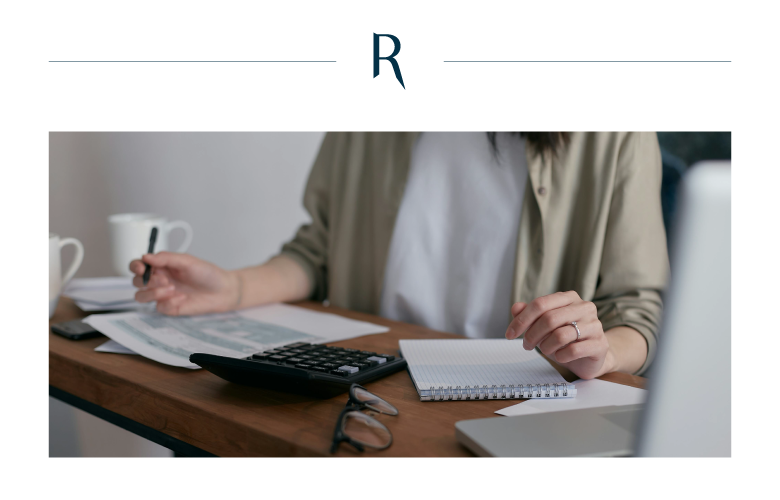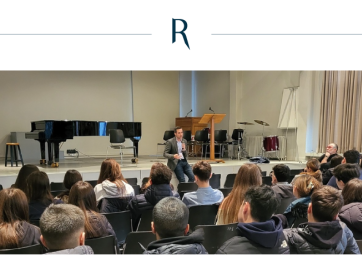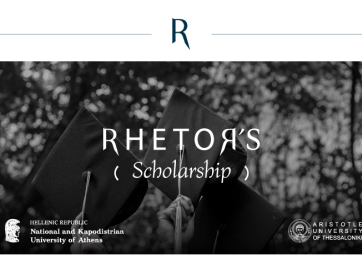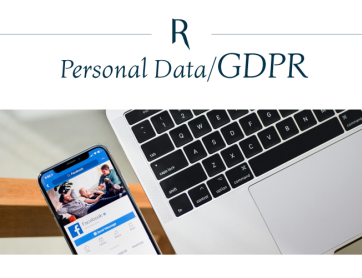Bankruptcy and a second chance for business activity

The prolonged economic crisis has led to the permanent inability of many debtors to service their debts or to keep any settlements previously achieved. Debtors, now, have the opportunity to be discharged from their debts permanently, through the new bankruptcy procedure, which involves the liquidation of their assets, and allows them a second chance to restart their business activities.
Now, in addition to legal entities pursuing an economic purpose, individuals are also eligible to file for bankruptcy. A debtor can be declared bankrupt if they are in a state of insolvency, meaning they are unable to fulfill their overdue financial obligations in a general and permanent way. By law, a debtor is presumed to be insolvent if they cannot repay at least 40% of their total obligations to the State, Social Security Funds or financial institutions for a minimum period of six months and their non-performing obligation exceeds the amount of €30,000.
The solution of bankruptcy is clearly a solution serving those who have debts that are overdue and cannot be repaid and whose value exceeds the value of their real estate assets. Practice shows that most people are reluctant to liquify their real estate property, even when they are aware that it is only a matter of time before it gets confiscated. The result, however, is that such debtors do not go bankrupt under the terms set by the law, but rather under the terms set by their creditors. This often results in debtors losing their property while still remaining in debt, despite their efforts to avoid the consequences of their financial inability.
The attractiveness of the second chance regime is attributed to the fact that the debtor - a natural person, is fully discharged from any remaining unpaid debt after the completion of the bankruptcy process, with the only condition being the expiry of three years from the time of declaration of bankruptcy. After the bankruptcy proceedings are finalized, the debtor is fully discharged from any debt owed to their creditors, provided that the debtor owns no property under their name. However, if the debtor contributes their main residence or assets of significant value to the bankruptcy estate, the discharge period is reduced to 1 year after the declaration of bankruptcy. This gives the debtor a second chance for business reactivation.
Under certain conditions, even through bankruptcy, it is possible to protect the primary residence of a debtor. There are special provisions for vulnerable debtors, offering the possibility of resorting to a Private Acquisition and Leaseback Entity, in order to avoid eviction by paying rent, while also receiving rent allowance from the State. Within 12 years, such debtors also have the opportunity to repurchase their property, provided they have paid the rent over the 12-year period, as well as the property’s value at the time of repurchase.


